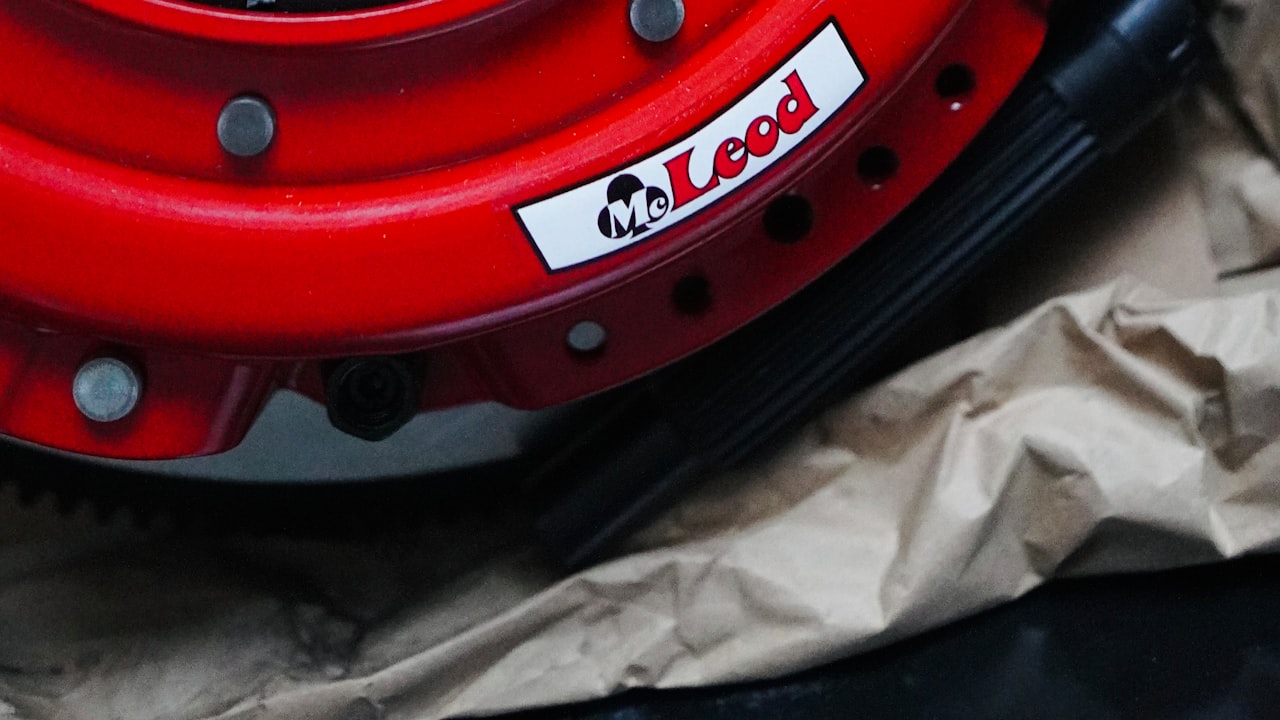Title: “Revolutionizing Pharmaceutical Production: The Role of Pharmaceutical Machinery”
Introduction:
The pharmaceutical industry is constantly evolving, with technological advancements playing a key role in improving the production process. Pharmaceutical machinery, including table press machines and capsule filling machines, has transformed the way medications are manufactured, ensuring efficiency, accuracy, and quality in pharmaceutical production.
Pharmaceutical machinery encompasses a diverse range of equipment designed to optimize the manufacturing of pharmaceutical products. Table press machines, such as the TDP (Tablet Press) and THDP (Tablet Hardness Tester), are essential tools used in the compression of powders into solid tablets. These machines utilize precise mechanisms to control the compression force, tablet thickness, and hardness, ensuring uniformity and consistency in tablet production.
In addition to table press machines, capsule filling machines are another critical component of pharmaceutical machinery. These machines are utilized in the encapsulation of powders, granules, or pellets into capsules, providing a convenient and efficient method for drug delivery. Capsule filling machines come in various models, including manual, semi-automatic, and fully automatic, with high-speed capabilities to meet the demands of modern pharmaceutical production.
The adoption of advanced technologies in pharmaceutical machinery has revolutionized the production process, enhancing productivity, accuracy, and regulatory compliance. Computer control systems and sensors incorporated into table press and capsule filling machines enable precise monitoring of key parameters such as compression force, fill weight, and capsule uniformity, ensuring the quality and consistency of pharmaceutical products.
Furthermore, pharmaceutical machinery plays a crucial role in meeting regulatory requirements in the pharmaceutical industry. Manufacturers must adhere to Good Manufacturing Practice (GMP) guidelines and other regulatory standards to ensure the safety, efficacy, and quality of medications. By utilizing pharmaceutical machinery that is compliant with these regulations, manufacturers can enhance product quality, reduce risks, and maintain regulatory compliance.
In conclusion, pharmaceutical machinery, including table press machines and capsule filling machines, is instrumental in driving innovation and efficiency in pharmaceutical production. These advanced machines contribute to the creation of safe and effective medications, meeting the ever-increasing demands of the pharmaceutical market. As technology continues to advance, the role of pharmaceutical machinery will become even more significant, shaping the future of pharmaceutical manufacturing.
稿件完毕,请查阅。

 Title: The Role of Pharmaceutical Machinery in Drug Manufacturing
Title: The Role of Pharmaceutical Machinery in Drug Manufacturing Title: Innovations in Pharmaceutical Machinery: Revolutionizing Production Processes
Title: Innovations in Pharmaceutical Machinery: Revolutionizing Production Processes Title: “The Role of Pharmaceutical Machinery in Drug Manufacturing Processes”
Title: “The Role of Pharmaceutical Machinery in Drug Manufacturing Processes” Title: “The Role of Pharmaceutical Machinery in Drug Manufacturing: A Comprehensive Guide”
Title: “The Role of Pharmaceutical Machinery in Drug Manufacturing: A Comprehensive Guide”



